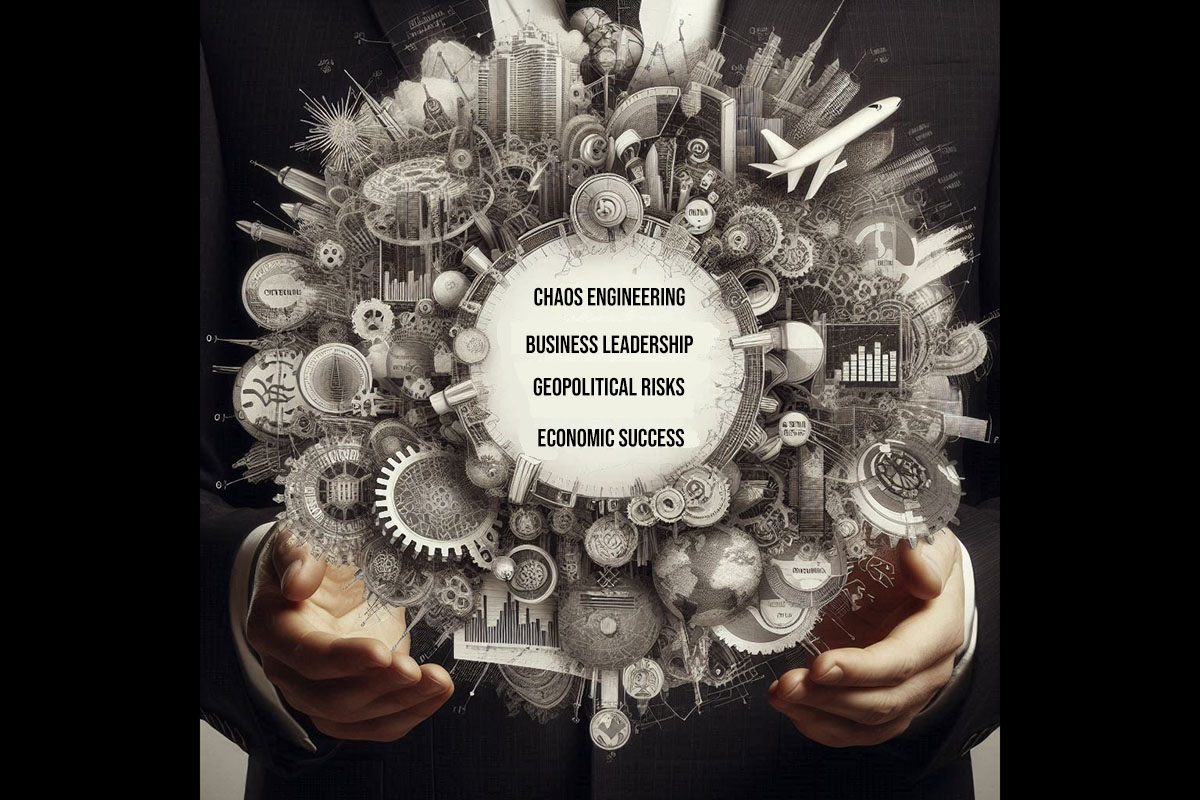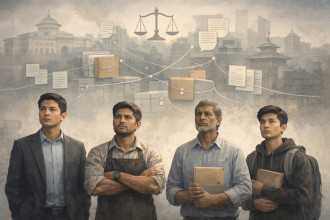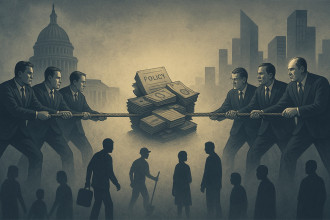
In a world that is growing unreasonably chaotic, it can be daunting to create a path towards business and economic success. But experts often say that chaos can be a transformational force and when we embrace it rather than trying to eliminate it entirely, we are called upon to use innovation, adaptability, clarity and resilience as the foremost leadership tools.
With businesses collapsing, an uncertain political environment, unstable policies, rising corruption and geopolitical risks in the neighbourhood, Nepal stands yet again at crossroads that ask whether leaders – both in business and politics - are focusing and prioritising their attention on the real needs of the economy. Have we mapped the risks and understand what needs to be done in different scenarios?
Unfortunately, for the general public, hope is pinned on change in leadership. Does taking to the streets, shouting slogans in rage and asking for a change in the political system ensure that we have the solutions as a nation that we need from this change that we are demanding. I don’t even think people have actually identified what the problems are that we as a country face, we as citizens face, and what could be some solutions. Social media ranting, chiya discussions and frustration will never get us to truly create reform, transparency and accountability, forget finding solutions to everyday problems of inflation, access to education, health and equality in law and justice.
Today it has become increasingly acceptable that people who have broken the law, people who have been corrupt, people in leadership positions who have abused their authority and not performed still get to walk amongst us with no shame, no regret.
Without proactive identification of what our real issues are, without politicisation of these issues, without radical transparency of government platforms and service delivery agents, without timely and meaningful interventions, we will continue to oscillate between issues and take to the streets - even at the risk of losing our lives - for battles that are not even ours.
Maybe it is time to think of chaos engineering to enhance stability and enable better outcomes for the government and the people.





-1763289082.png)
